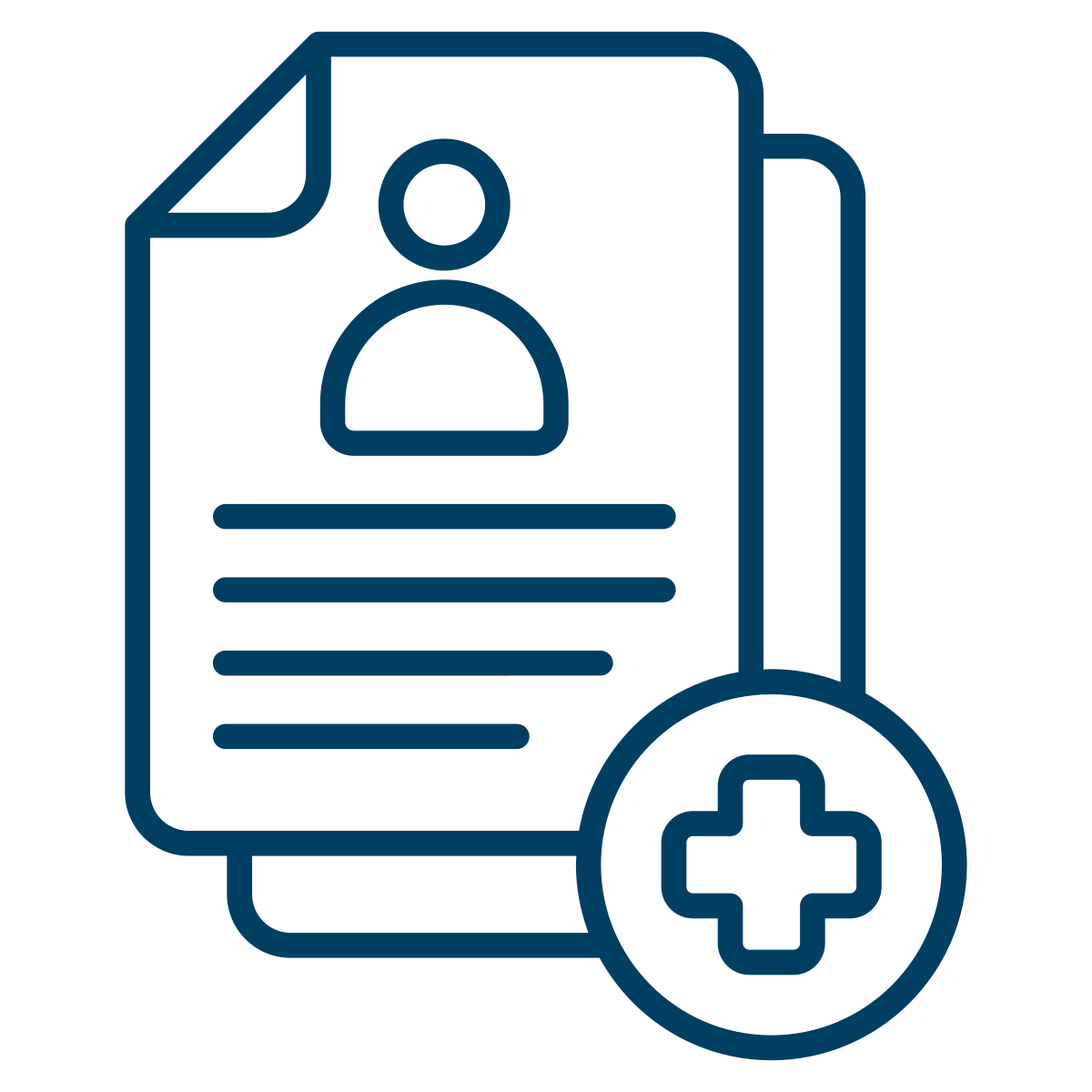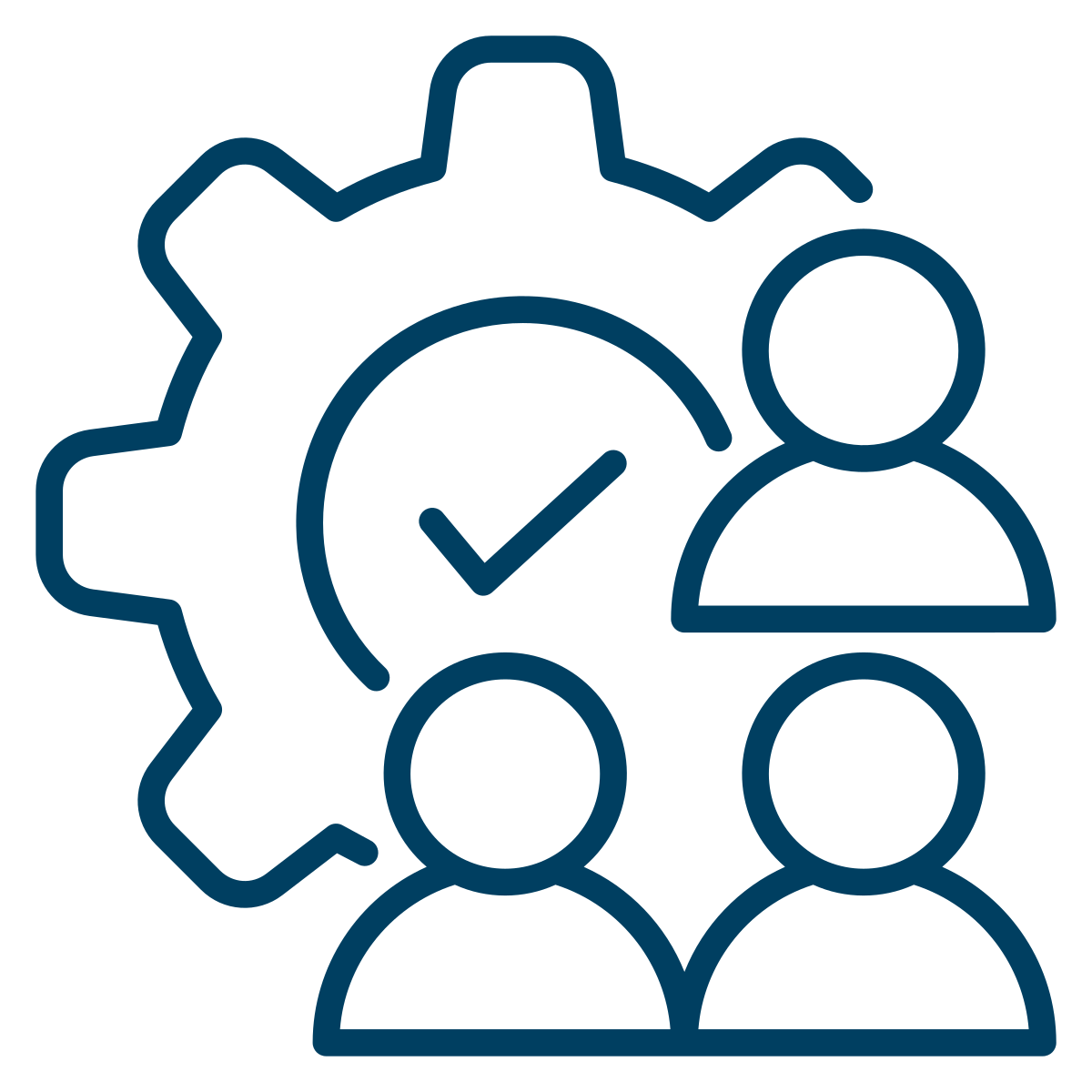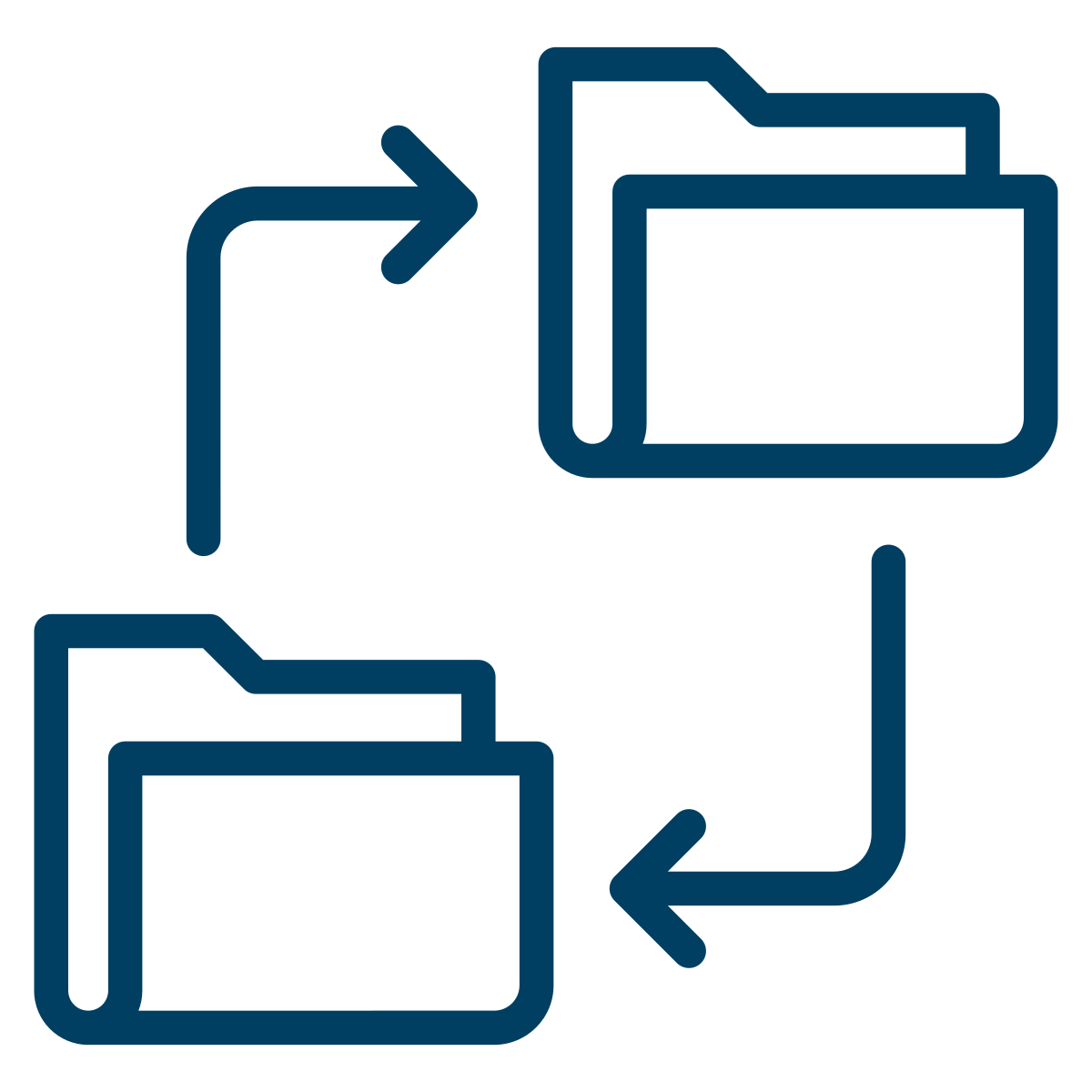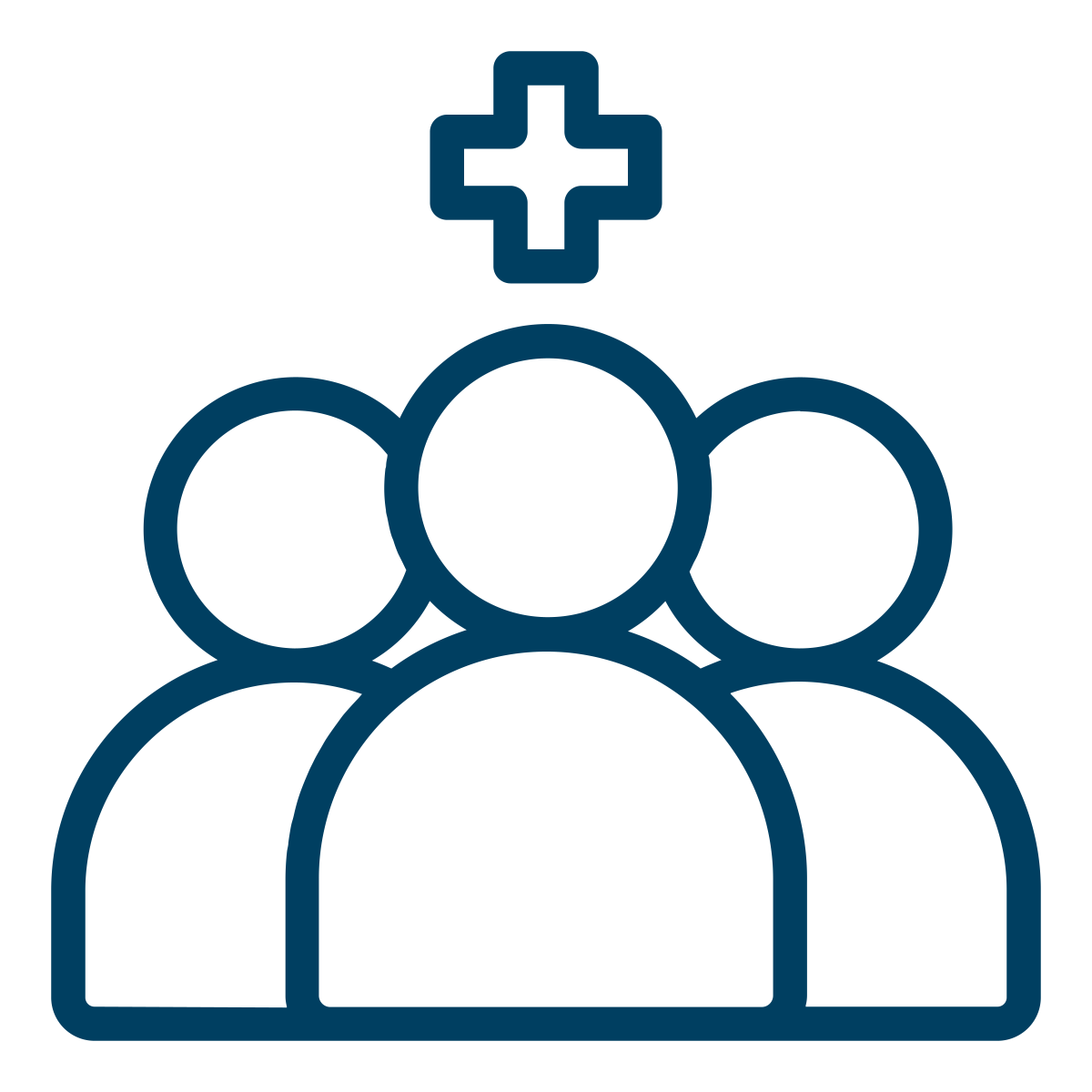The health informatics team designs and delivers secure, impactful data solutions that help healthcare, research, and life sciences organisations unlock the full potential of health data.
Solving your complex data challenges
As a trusted partner, we solve complex data challenges while upholding the highest standards of security, ethics, and public confidence – enabling data-driven research and improving patient outcomes.
Our solutions
By combing our technical expertise with a deep understanding of the research landscape and public expectations we help our partners turn data into insights that can change lives.
Health Data Management and Analysis

Advanced Bioinformatics and Data Science

Health Data Strategy and Operational Delivery

Research and information governance and compliance

Contact us to discuss solutions to your data challenges
The health informatics team, working with the research governance team at Cambridge University Hospitals NHS Foundation Trust, surfaced data in the East of England SDE, that wouldn’t otherwise be available for research, by partnering with NHS organisations across the region. Collaborating with this dedicated and forwards-thinking team is incredibly enjoyable and rewarding – enhancing both the quality and impact of all our efforts.
Professor Angela Wood Co-theme lead for the NIHR Cambridge BRC Data Science and Population Health Theme
Our experience
East of England Secure Data Environment
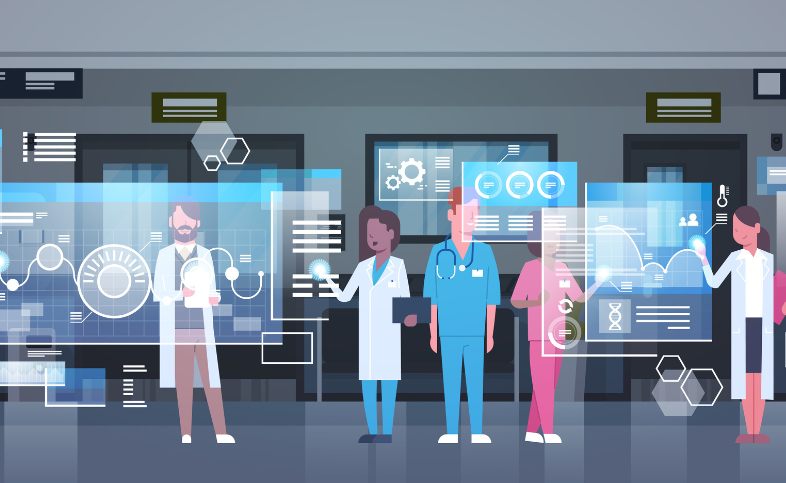
CYNAPSE

Gut Reaction
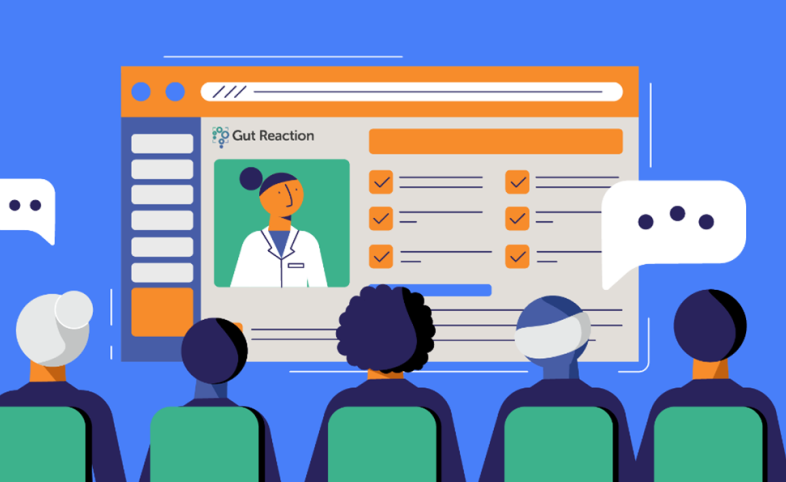
DARE UK projects

Contact us to discuss your health data challenges
We would love to discuss how we can support your data projects. Provide your details and one of our experts will be in touch.
